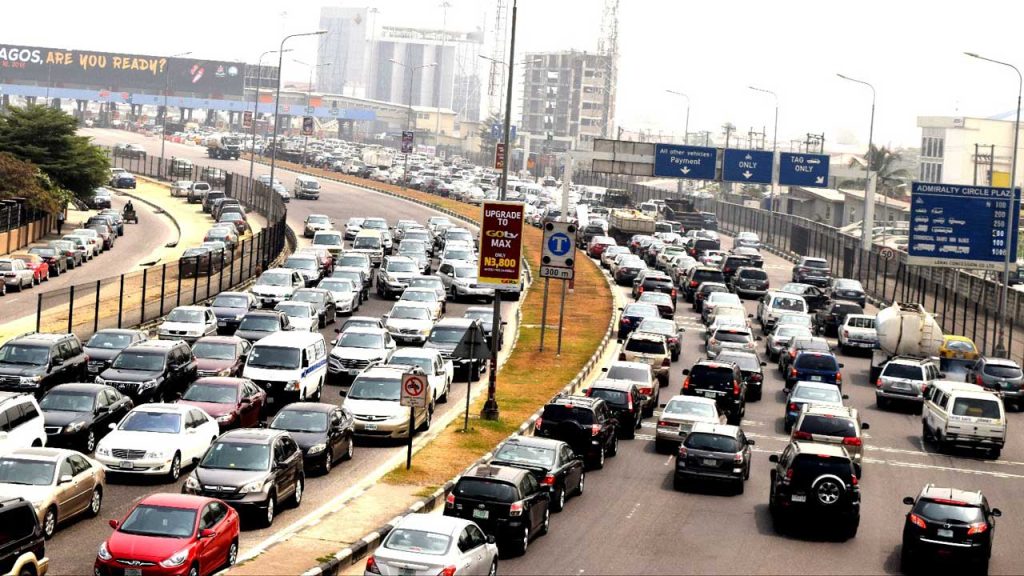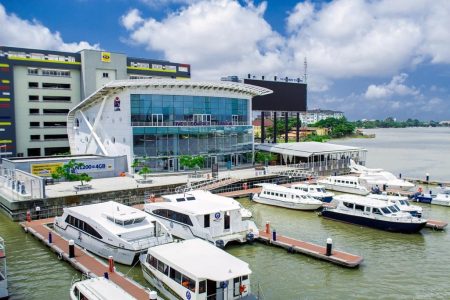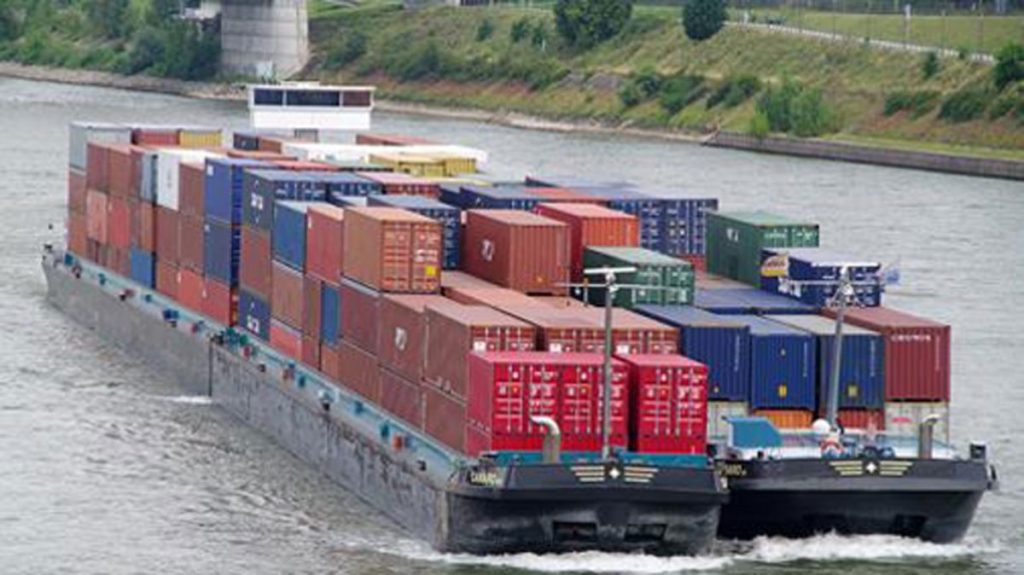
Esther Oritse
Lagos — Call Up Technology Services, the company behind the truck traffic management system at Lekki Port, has successfully concluded an important training session for members of the National Union of Petroleum and Natural Gas Workers (NUPENG) and Petroleum Tanker Drivers (PTD).
The training focused on the effective use of a cutting-edge digital application, designed to streamline access to facilities within the Lekki Port Corridor, ensuring efficient and safe management of truck movements in the area.
The training, which took place at Lekki Port, was part of a broader initiative to improve logistics and traffic flow around the Lagos Free Trade Zone. As the region continues to experience significant growth in economic activities, the need for proper regulation of truck movements has become a priority, especially to prevent accidents and ease congestion.
Speaking with Sweetcrudereports, the Managing Director of Call Up Technology Services, Mr. Timi Koleolu, highlighted that the one-day session was aimed at equipping the executive members of both unions with the necessary skills and knowledge. These executives, in turn, will be responsible for cascading the training down to their respective members to ensure a seamless transition and adoption of the new system.
Koleolu underscored the importance of inclusivity in the training, stating: “Our goal is to ensure that no stakeholder is left behind when it comes to scheduling and coordinating truck movements within and around the Lagos Free Trade Area. By training key members of NUPENG and PTD, we are ensuring that the knowledge is spread across the board, allowing for a smooth and efficient operation within the Lekki Port axis.”
He added that the training program was not just a one-off event, but part of a series of engagements aimed at keeping all stakeholders updated on the latest technological advancements and operational procedures. “We are committed to continuously updating the system and conducting trainings as necessary to align with trending issues and developments in the industry.”
Similarly, Mr. Idris Seidu, an official from the Lagos State Ministry of Transport, who was also in attendance commended the initiative, noting that the training specifically targeted NUPENG members, given their critical role in managing petroleum product distribution across the region. Seidu highlighted the relevance of this kind of training for improving road safety and logistics management.
The issue of vehicular traffic management has long been a contentious one along the Lekki Port access roads, particularly given the high volume of truck movements in and out of the port. Over the years, poor traffic coordination has led to numerous accidents, often involving heavy-duty vehicles, which has caused a great deal of concern among local business owners, residents, and authorities alike.
The situation has become so severe that some individuals have tragically lost their lives due to reckless driving and the lack of proper traffic regulation. Local officials, including Hon. Sesan Olowa, Chairman of the Ibeju-Lekki Local Government Area, have repeatedly called for swift action to address the growing menace of unregulated truck movements in the region. Hon. Olowa, in a previous statement, lamented the frequent accidents that have claimed the lives of people in his council area, stressing the need for urgent interventions to restore order and protect lives.
In response to these concerns, Call Up Technology Services’ training initiative aims to tackle the root cause of these problems by equipping drivers and truck operators with the tools and knowledge to navigate the port’s traffic system more effectively. By leveraging technology, the company seeks to create a safer and more organized environment for all users of the port’s access roads.
The implementation of this digital application is expected to not only reduce the number of accidents but also improve the overall efficiency of logistics operations within the Lagos Free Trade Zone, helping to bolster economic activities in the area. With stakeholders from various sectors now aligned with this new system, it is anticipated that future truck movements will be more regulated, significantly reducing the risks posed by reckless driving and congestion.



